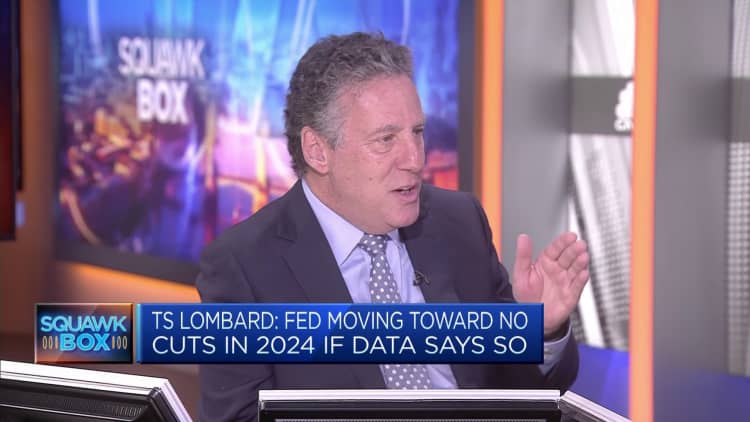The 10-year U.S. Treasury yield rose slightly Monday, while the 2-year yield was marginally lower, as investors kicked off the second quarter and weighed the latest U.S. inflation data.
The benchmark rate was trading around 4.208% at 6:34 a.m. ET. The yield on the 2-year Treasury note was 2 basis points lower at 4.599%.
Yields and prices move in opposite directions and one basis point equals 0.01%.
Markets are reacting for the first time to the Bureau of Economic Analysis’ personal consumption expenditures reading for February â the Fed’s preferred inflation gauge â released on Friday. Excluding food and energy, the PCE rose by 2.8% on a 12-month basis and was 0.3% higher from a month earlier, meeting expectations.
The figures will likely add to the belief that the Federal Reserve will hold off on cutting rates at its next meeting. The CME Group’s FedWatch Tool shows that traders are expecting the Fed to stand pat in May, and are pricing in around a 55% chance of a cut to interest rates in June.
On Wednesday last week, Fed Governor Christopher Waller insisted there was “there is no rush to cut the policy rate.” He said recent data indicated it was “prudent to hold this rate at its current restrictive stance perhaps for longer than previously thought to help keep inflation on a sustainable trajectory toward 2 percent.”
His comments come amid a growing sense that the Fed could keep rates at their current level for longer than expected.

Steven Blitz, chief U.S. economist at TS Lombard, last week told CNBC’s “Squawk Box Europe” on Thursday that the likelihood of one or no Fed interest rate cuts this year was looking “pretty good.”
Blitz said markets would continue to march higher, however, even if the Fed decides not to impose any interest rate cuts this year.
However, Canaccord Genuity’s Tony Dwyer said he thinks a deteriorating jobs market and easing inflation will ultimately push the Fed to act.
“I’m not saying that they have to go back to zero, but they have to be more aggressive,” the firm’s chief market strategist told CNBC’s “Fast Money” on Thursday. “One of the most aggressive topics that I talk to clients about is how bad the incoming data is.”
Read the original article here
